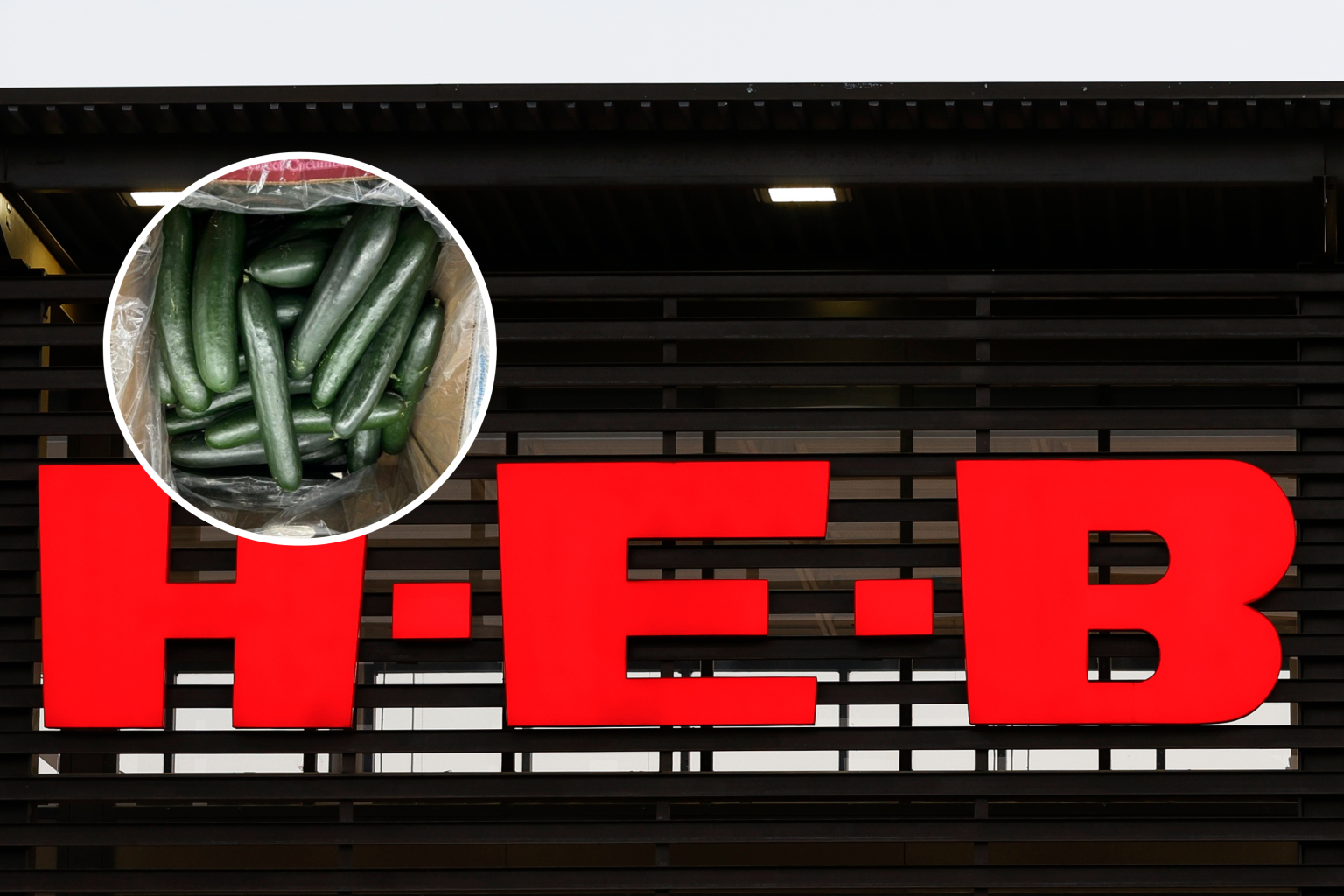H-E-B’s Recent Food Recalls: A Comprehensive Overview
Over the past three months, the Texas-based grocery chain H-E-B has issued three significant food recalls, impacting a range of products from fresh produce to ready-to-eat meats. These recalls, initiated in response to potential contamination by harmful bacteria like Salmonella and Listeria monocytogenes, highlight the complex challenges of maintaining food safety in a vast and interconnected supply chain. The recalls also underscore the crucial role of regulatory agencies like the Food and Drug Administration (FDA) and the U.S. Food Safety and Inspection Service (FSIS) in protecting public health.
The first recall involved SunFed Produce cucumbers, potentially contaminated with Salmonella. This recall, initiated on December 1, 2024, was part of a larger, multi-state recall instigated by the FDA. The cucumbers in question were distributed between October 12 and November 26, 2024, and reached consumers across a wide swathe of the United States, from Alaska to Wisconsin. The FDA’s notification to SunFed, linking their cucumbers to reported cases of salmonellosis, prompted swift action. SunFed, prioritizing consumer safety, collaborated with authorities to identify the source of contamination and remove the affected products from the market. Salmonellosis, characterized by symptoms such as fever, diarrhea, nausea, vomiting, and cramping, can be a severe illness, even proving fatal in some cases.
The second recall, issued on October 18, 2024, centered on certain waffle products manufactured by Treehouse Foods. These products, sold under various brand names, were recalled due to potential contamination with Listeria monocytogenes. This recall, like the cucumber recall, was a component of a broader FDA-initiated action encompassing hundreds of Treehouse Foods waffle products. Listeria monocytogenes poses a particularly serious threat to vulnerable populations, including pregnant women, newborns, the elderly, and individuals with weakened immune systems. Infection can lead to severe complications, including stillbirths, miscarriages, and fatal infections. Treehouse Foods, upon discovering the potential contamination, acted swiftly to recall the affected products, collaborating with retailers to remove them from shelves and urging consumers to discard or return any purchased items.
The third recall, initiated on October 11, 2024, involved ready-to-eat meat and poultry products produced by BrucePac. This recall, stemming from potential Listeria monocytogenes contamination, was instigated by the FSIS and resulted in the removal of nearly 10 million pounds of BrucePac products nationwide. The sheer scale of this recall underscores the potential impact of contamination within the meat and poultry industry, where widespread distribution can quickly amplify the risk to consumers. Although no illnesses had been reported at the time of the recall, the proactive approach taken by the FSIS and BrucePac highlights the importance of prioritizing preventative measures to protect public health.
These three recalls, occurring within a short timeframe, demonstrate the ongoing vigilance required to ensure food safety. Each recall represents a complex interplay of factors, from the initial identification of potential contamination to the subsequent coordination between regulatory agencies, manufacturers, and retailers to remove the affected products from circulation. The recalls also underscore the importance of clear and timely communication with consumers, empowering them to take appropriate action to protect themselves and their families.
The proactive responses by H-E-B, SunFed Produce, Treehouse Foods, and BrucePac, along with the decisive actions taken by the FDA and FSIS, demonstrate a commitment to mitigating risks and prioritizing consumer safety. While these recalls serve as a stark reminder of the persistent challenges in maintaining a safe food supply, they also showcase the effectiveness of established regulatory frameworks and industry collaborations in responding to potential threats. The recalls also highlight the importance of continuous improvement in food safety practices, from farm to table, to minimize the risk of future contamination events.
The long-term implications of these recalls extend beyond the immediate removal of affected products. These events often prompt reviews of existing safety protocols, leading to enhanced preventative measures and improved detection methods. They also emphasize the need for ongoing research into foodborne pathogens and the development of innovative technologies to further enhance food safety. Ultimately, these recalls serve as a catalyst for continuous improvement within the food industry, driving a collective effort to protect public health and ensure the safety and integrity of the food supply. The proactive approach taken by all parties involved reinforces the message that food safety remains a paramount concern, and that continuous vigilance is essential to safeguarding the well-being of consumers.


